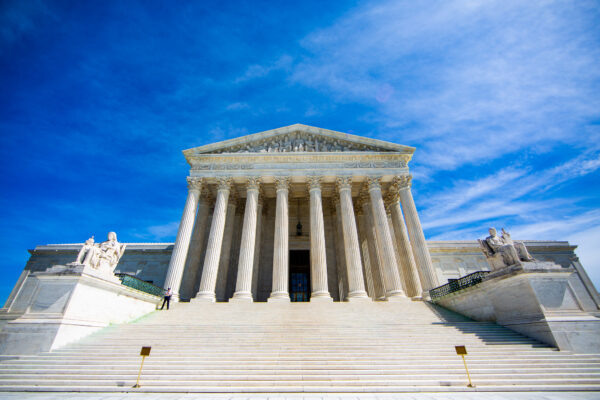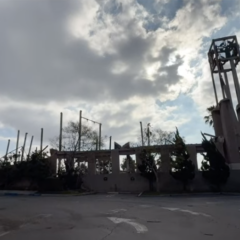As we marked the 246th anniversary of our country’s independence from a despotic regime that fused church and state power, the staff of the USC Center for Religion and Civic Culture gathered to reflect on our work in the context of the closing of the Supreme Court’s recent term.
We are a small but diverse shop: three men and seven women, with LGBTQ, Muslim, Protestant, Catholic, Buddhist and secular perspectives in the mix. Our goal as an organization is to produce clear-eyed research on the role of religion in society and to bring the academy and community together to advance positive social change. Specifically, we work to support a pluralistic society that respects the dignity and freedom of every individual.
Over the last several years, we have published predictions of where we see religion heading in our society, which have proved remarkably prescient. What we see now—what we have been watching for many years—is the emergence and increasing institutionalization of a fundamentally anti-democratic religio-political movement: white Christian nationalism.
As close observers of American religion and public life, we see the current movement toward nationalism and theocracy as dangerous for all Americans—including politically and socially conservative Christians. Laying the foundations of authoritarian government may seem appealing if you’re in the ethno-religious group that most immediately benefits from single-party rule. But once the power of the state is reshaped to serve anti-democratic ends, other groups or movements may seize the reins of power and oppress their former oppressors. Christian conservatives who would fuse the state and their religion should remember that the tools of oppression fit many hands. In the long run, no one benefits from authoritarianism.
Despite preaching small government, these Christians are currently using state power to impose their will on others. Specifically, overturning Roe v. Wade, allowing public school employees to pray (publicly) at school events and requiring public money for religious schools—along with anti-LGBTQ+ legislation at the state level—all represent the imposition of a particular strand of Christian thought upon all Americans. While framed as religious freedom, these policies actually curtail or eliminate freedoms for non-Christian and non-religious people, as well as for Christians whose theology leads them to different conclusions.
Combined with the Republican Party’s faltering commitment to the peaceful transfer of power and fair elections, these developments make us fearful for the prospects of individual liberty and democratic governance if this movement toward theocracy is not averted.
At CRCC, we will continue to produce research that unflinchingly engages with how religion works in society—both for good and ill. We will continue our initiatives with faith groups that are working to improve the lives of all members of the wider, pluralistic communities of which they’re a part.
We believe that religion can be an important force for good and not just a source of reactionary sentiments and regressive policies. We see our commitment to work with people of all faiths as both a moral imperative and an expression of support for the American democratic experiment. We align ourselves with those who work for a more equitable and pluralistic society where all people can be free to live according to the values they hold dear, without imposing them on others.
Photo Credit: Thomas Hawk via Flickr (Creative Commons 2.0)




